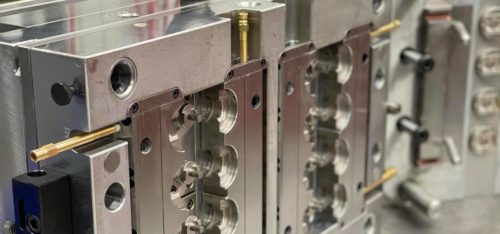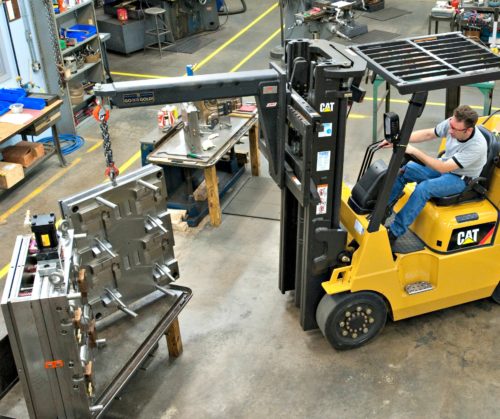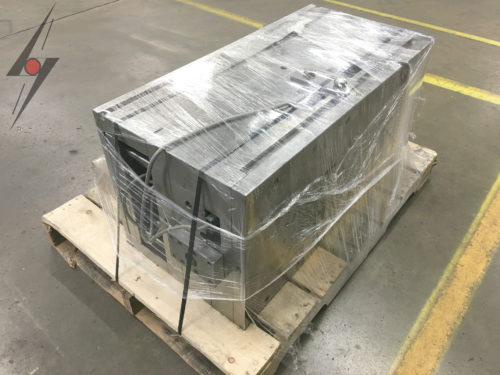
How much does a plastic injection mold cost? This is one of the most common questions we get, but the answer can be complicated.
It’s like asking how much a cell phone costs. Do you want a simple flip phone that only makes and receives calls? Or do you want the latest smartphone that allows you to call, text, video chat, download apps, watch TV, and so much more? Both are considered cell phones, but their functionality varies as much as their cost.
Determining Your Ideal Mold Specs
With a plastic injection mold, the cost will be determined by mold material, number of cavities, part size, complexity, and how many parts you plan to produce over the life of the mold. If you anticipate low volumes, you can probably afford to be more lenient with the quality of the mold material. You’ll also only need a few cavities (maybe even just one), which will lower the cost of creating the mold.
If you’re planning to produce millions of parts and want the cheapest price-per-part over the long run, you’ll likely want to build the tool with a larger number of cavities and from a high quality material that will run smoothly over years of production and is easy to maintain.
The number of mold cavities will have the greatest effect on price-per-part. A one-cavity mold will cost the least but have the highest part price-per-part. As the number of mold cavities increases, so does the mold cost but the price-per-piece decrease.

Getting the Lowest Prices
If you’re looking to build a mold with the lowest up-front cost, you may be quick to choose the cheapest available option.
However, these are some things to keep in mind when considering this:
- Building a mold from lower quality material typically means a shorter lifespan. This is great if you only need a short production run or plan to produce low volumes. However, if demand increases and you end up needing more parts, you’ll likely need to start from scratch and build a new mold to maintain higher volumes.
- The upfront cost of the mold may be lower, but your part prices will be higher. If you have a long-term project, this could mean more money out-of-pocket over the life of the mold.
- Choosing a mold made from cheaper material will likely result in more mold maintenance and repair expenses over the life of the project… especially if the project runs longer than you originally planned.
Finding the Best Long-Term Option
When you need high volumes over many years, your best option will probably be a more costly tool. The initial investment may be higher, but the savings will show up over time as the mold continues producing consistent products for years to come.
Additionally, molds made from higher quality materials typically require less maintenance and repairs… another cost savings.
For low volume, short-term projects:
- Construct mold from aluminum material
- Design mold with fewer cavities
- Choose the least expensive mold maker
For high-volume, long-term projects:
- Construct mold from steel material
- Design mold with more cavities to reduce price-per-part
- Choose a high quality, U.S. mold maker
Working with a Full-Service Injection Molder
We recommend that you work with a turnkey plastic injection molder to keep your plastic injection mold cost in check. A full-service manufacturer can help you with your project from part design, through production, delivery and ongoing maintenance.

Selmax has been successfully helping clients build molds and run production for over 45 years. We have trusted mold maker partners that we work with to construct a mold that best suits your needs and budget.
You can rest assured that your project is in good hands with Selmax’s in-house dedicated machine shop, expert machinists, and Computer Numerical Control (CNC) machining tools. We produce, maintain and repair injection molds to the highest standards in the industry. Well-maintained tooling is critical for manufacturing efficiency and final product quality.
Already have a mold? Selmax accepts, repairs, and maintains molds transferred from other mold makers or injection molders, both domestic and international, to be used for production.
Ready to start the quoting process? Get started.








